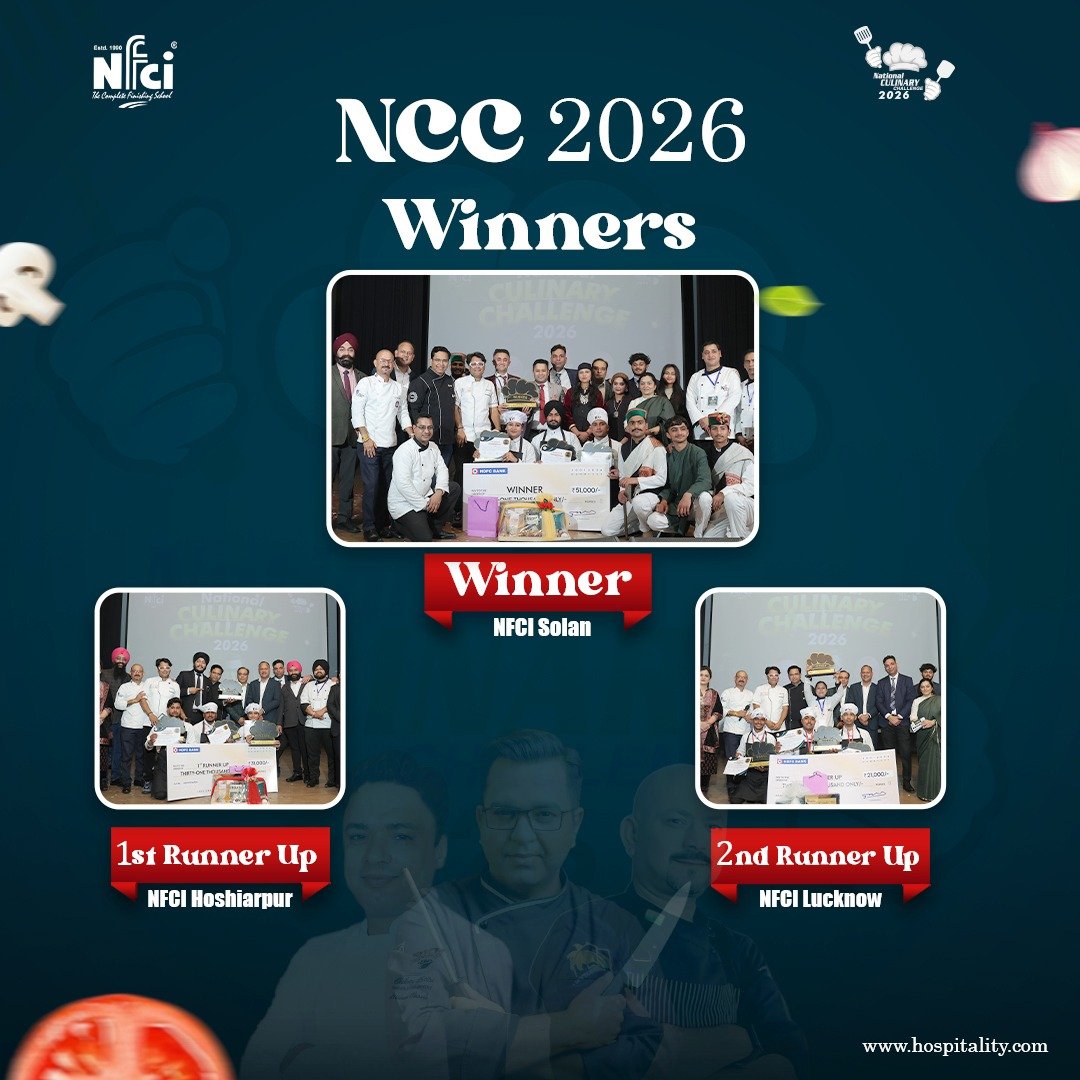
Hotel Management v/s Travel and Tourism Management: Differences and Similarities
Hotel Management v/s Tourism Management are two important pillars of the hospitality industry as it forms for the service supplier of tourism. But surprisingly, both are quite different from each other as they both focus on different niches of the same sector, the hospitality sector.
Key Difference: Where Hotel Management largely deals with restaurants, hotels, country clubs and more, travel and tourism management focuses on tourism development, travel industry management, tourism marketing and other services.
Even though hospitality and tourism seem to be two pods of the same pea, they are two distinct fields of study. Tourism is defined as the movement of people to locations of their usual environment, whereas managing the comfort and wellbeing of these tourists at various events and establishments is referred to as hotel management.
This article we will gain more insight about the similarities and differences of these two hospitality sectors and the courses offered by them.
Similarities of Hotel Management v/s Tourism Management

- Customer Centric Approach: Both hotel management v/s tourism management are customer centric approaches. Guest satisfaction, meeting and exceeding the customer expectations and personalized and attentive services are the most integral priorities of the professionals of these fields.
- Service-Oriented Industries: Both hospitality and tourism management are a part of the service sector, solely focused on providing quality services to customers. The businesses success rate in these fields highly depends on delivering positive and memorable experiences to guests.
- Interdisciplinary Nature: A collaboration across various disciplines is required in the field of hospitality and tourism management. The professionals must have a diverse set of skills, including communication, marketing, finance, and human resource management, to help navigate the multifaceted industry aspects.
- Global Perspective: Dealing with international clientele and diverse cultural contexts is a part and parcel of both these fields. Understanding the global trends, cultural nuances, and the dynamics of the international market play an integral part for the success of both fields.
Differences Between Hotel Management v/s Tourism Management
- Primary Focus:
Hospitality Management: Hospitality Management primarily focuses on providing services and accommodations for guests. These services range from managing hotels, resorts, restaurants to event venues, and other establishments that come under the hospitality sector.
Tourism Management: On the other hand, tourism management studies the broader aspects of travel and tourism, including destination management, tour operations, travel agencies, and attractions. It mainly focuses on planning, marketing, and coordinating travel experiences for tourists.
-
Key Responsibilities Between Hotel Management and Tourism
Hospitality Management: Professionals of hospitality are responsible for guest services, front office operations, housekeeping, food and beverage management, event planning, and overall guest satisfaction. Their main focus is on the internal functioning of their establishments.
Tourism Management: The responsibilities of a tourism manager includes destination marketing, tour planning, coordinating with travel agencies, managing attractions, and ensuring the overall appeal and accessibility of a destination. Tourism manager’s main focus is the broader aspects of the visitor’s experience.
-
Career Opportunities of Hotel Management v/s Tourism Management
Hospitality Management: Careers in this field range from hotel management and restaurant management to event planning, catering, and other roles within hospitality establishments. The work settings include luxury resorts to boutique hotels.
Tourism Management: Careers in tourism management range from destination management, and tourism marketing to tour operations, travel agencies, and roles related to the promotion and development of tourist attractions and destinations.
Learn the most valuable skills from the best professionals in hospitality at NFCI. The courses offered are specially curated by professionals to provide the latest industry skills and take your career to the next level.
The National Finishing and Cookery Institute also offers classes taught by industry experts and professionals with highly interactive programs and classrooms smaller in size to encourage participation and communication.
Courses offered by NFCI Best Hotel Management Institute in India

- Certificate in Food Production and Commis Chef (1 year + 6 months) 2. Commis Chef (1 year + 6 months)
- Certificate in Cookery (6 + 6 months)
- Pastry/Bakery Commis (1 year + 6 months)
- Front Office Operations (1 year + 6 months)
- Catering Management (1 year + 6 months)
- Bakery and Confectionary (1 year + 6 months)
- Food and Beverage Service (1 year + 6 months)
- Diploma in Hotel Management (6 + 6 months)
- Certificate in Indian and Tandoor (3 months)
- Customer Service Executive (3 months)
- Certificate in Bakery (3 months)
Don’t wait! Call Us Now! Get a consultation and embark on your NFCI journey. Discover the art of hospitality, hone your culinary skills, and shape a fulfilling career.
Tag:Career Opportunities of Hotel Management v/s Travel and Tourism Management, Courses offered by NFCI Hospitality & Hotel Management Institute in India, Differences Between Hotel Management v/s Travel and Tourism Management, Hospitality Management, Hotel Management v/s Travel and Tourism Management, Key Responsibilities Between Hotel Management v/s Travel and Tourism Management, Tourism Management, Travel agencies





